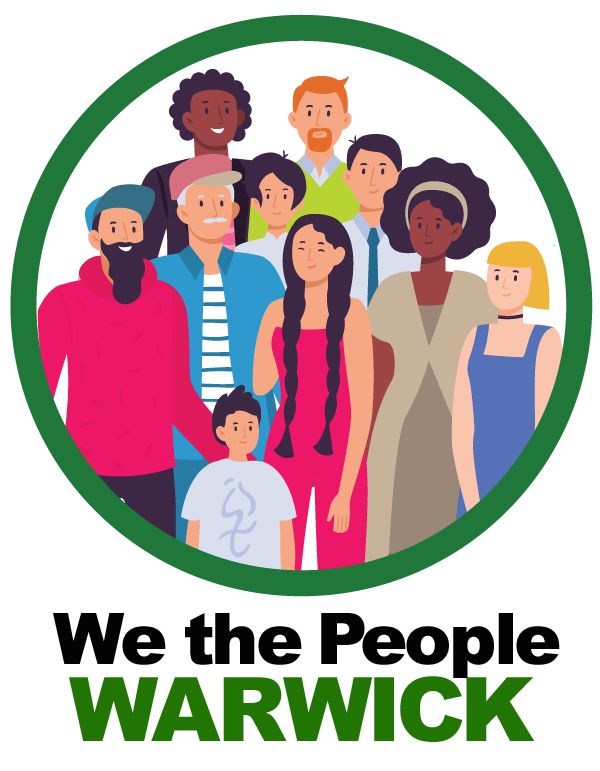
Our Approach
Four areas of focus
-
Dialogue Programs
Our dialogue programs engage participants in activities that build trust, lead to respectful conversation, give voice to community issues, and provide an opportunity to take coordinated action.
-
Facilitator Training
We recognize that well-trained facilitators are critical to successful dialogue. Our Facilitators ensure meaningful and equitable discussions by staying rooted in purpose and encouraging thoughtful consideration of what is being shared.
-
Action Teams
These teams emerge from Dialogue Series participants themselves. Participants identify needs in our community which they believe, if collectively and successfully addressed, will bring significant benefits to our residents.
-
Community Programs
We strive to present programs that build connection among residents of our community regardless of their differences. Our programs are designed to highlight our shared humanity and our diversity of experience while deepening belonging and renewing hope.
Dialogue vs Debate
Our goal in dialogue is to better understand each other and the issue being discussed. We share different viewpoints and encourage a wide range of perspectives. We don't have to agree. What we do need to understand is how we talk to one another is as important as what we say. The comparison below explains how the process of dialogue differs from debate.
Dialogue
Assumes that many people have pieces of the answer and that together, they can craft a solution.
Debate
Assumes there is a right answer – and I have it.
Dialogue
Is collaborative – participants work together toward common understanding
Debate
Is combative – participants attempt to prove the other side wrong.
Dialogue
Is about exploring common good.
Debate
Is about winning.
Dialogue
Entails listening to understand and find meaning and agreement.
Debate
Entails listening to find flaws and make counter arguments.
Dialogue
I reveal my assumptions for re-evaluation.
Debate
I defend my assumptions as truth.
Dialogue
I reexamine all positions.
Debate
I critique the other side’s position.
Dialogue
I admit that others’ thinking can improve my own.
Debate
I defend my own views against those of others.
Dialogue
I search for strength and value in other’s positions.
Debate
I search for weaknesses in others’ positions.
Dialogue
I discover new options.
Debate
I seek a conclusion or vote that ratifies my position.
Dialogue vs Debate Source: Everyday-Democracy.org
Adapted from a paper prepared by Shelley Berman, which was based on discussions of the Dialogue Group of the Boston Chapter of Educators for Social Responsibility (ESR). Other members included Lucile Burt, Dick Mayo-Smith. Lally Stowell, and Gene Thompson.
